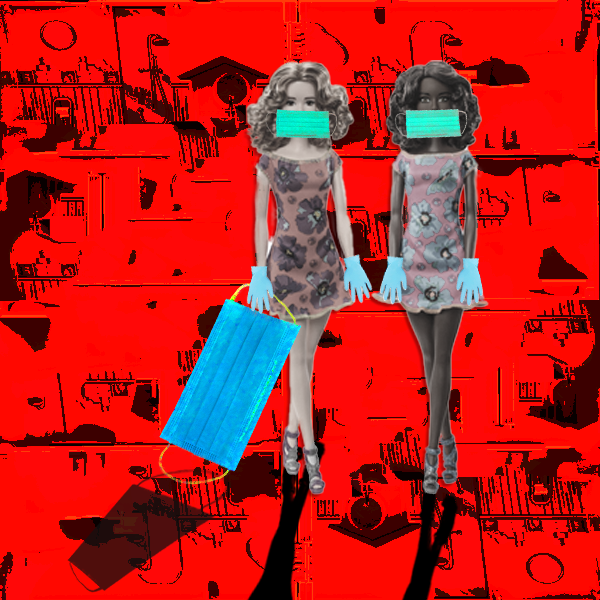Nobody likes being told they can’t do something. That’s not just speculation — that’s a psychological fact. But what do you do when you have to sacrifice your personal wants and desires for the greater good? Where’s the line between rights and responsibility?
Texas’ official stay-at-home order will be lifted this Thursday, and many are excited to go out and resume normal activity. After staying indoors and isolating for much longer than originally anticipated, people are becoming restless and frustrated. Hundreds of thousands have missed crucial life milestones, like weddings, graduations and study abroad trips.
However, if social distancing has mitigated the spread of the virus and continues to combat it effectively, what's the harm in waiting a little longer?
This article isn’t written to vilify people who, out of necessity, have to go back to work. It’s to point out a bigger problem: Those who don’t need to go outside and still continue to do so are directly impacting all our futures at UT.
Through the Cabo incident, we already have a good indicator of what could happen to the UT community if a large group of students contracted COVID-19. Dr. William Tierney, the founding chair of Dell Medical School’s Department of Population Health, sheds some light on this issue.
“From the Cabo group, around a third were asymptomatic, a third had mild symptoms, and a third had symptoms akin to a bad flu,” Tierney said. “So (even) if 20,000 students get infected, then around 6000 will be pretty sick, and a few may need hospitalization. That is what social distancing is meant to reduce.”
Tierney argues that just because students in the 18-22 age range are at low risk for needing hospital care, it doesn’t mean that they aren’t highly likely to be infected and susceptible to the disease. Additionally, UT students in and around campus who contract COVID-19 will likely seek medical care from University Health Services, which Tierney said could get “very overwhelmed very quickly and stay overwhelmed for a while.”
Students in a rush to stop quarantining and get back their normal routines aren’t just putting themselves and their peers at risk. Refusing to practice social distancing has drastic impacts on the whole UT community.
Tierney said many faculty and staff, himself included, are very high risk if they contracted the virus. He speculated that elderly and/or chronically ill professors who share similar risks may have to resort to teaching their courses online or even take leave.
Events such as Cabo cannot happen again, especially since there is still uncertainty on whether the University will resume normal activities during the fall semester.
That’s why this is such a big deal. The actions you take now not only have a direct impact on whether classes will be online for another semester but also a tremendous impact on all University faculty and staff.
Everyone has a part. Instead of meeting friends in person, try a Zoom call. Text. Talk with family. Maybe find a new hobby. Anything is better than gathering in large groups. For some people such as Jon Valvano, an electrical and computer engineering professor with extensive experience in the medical field, it’s designing a new low-cost ventilator to aid breathing during resuscitation.
“A broken bone may heal stronger if handled properly,” Valvano said.
In short, our actions matter a lot. If we fail to be responsible, it will take much longer for things to return to normal. By staying home, you are protecting yourself and your friends. You are protecting the faculty you’ve come to respect and admire. You are reducing the strain on University health care workers.
You are making sure that we can all return to the Fort Acres, safe and sound.
Joshi is an electrical and computer engineering freshman from Plano, Texas.





















